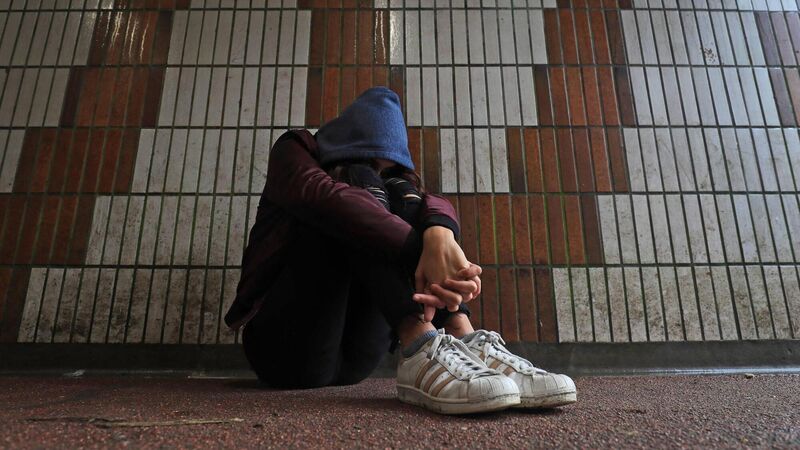Irish Examiner view: Camhs report shows children are still being left without proper care

A patient sample showed the average wait time in Cork and Kerry Camhs was four months. Picture: PA
The reports found no dedicated Camhs service for children and adolescents with an intellectual disability and mental illness, and according to a patient sample taken by the MHC, the average wait time in Cork and Kerry Camhs was four months (a “reasonable” wait time is three months or less).













